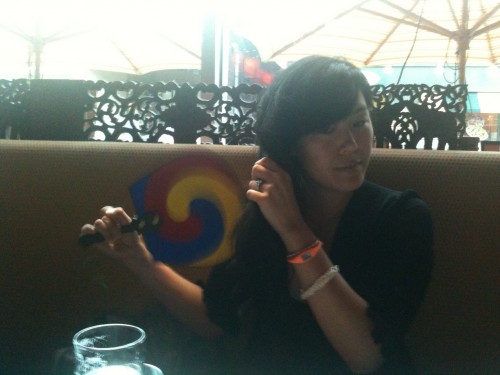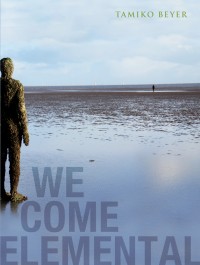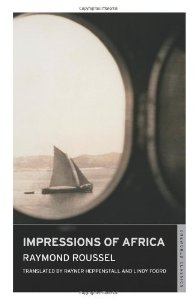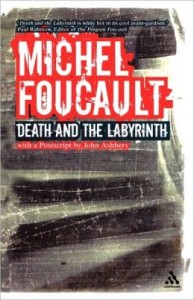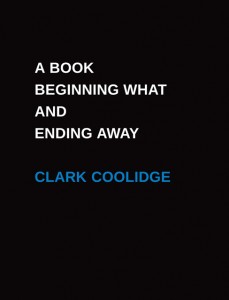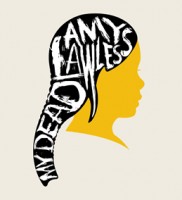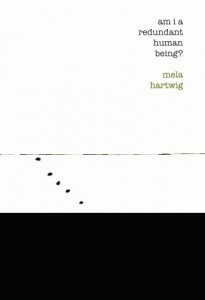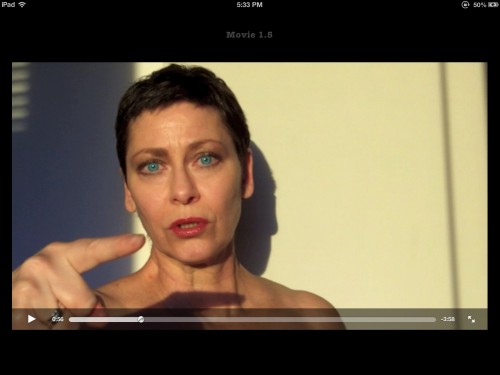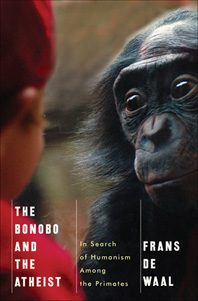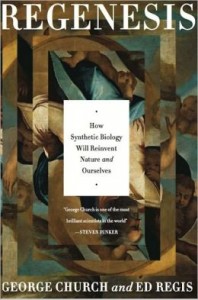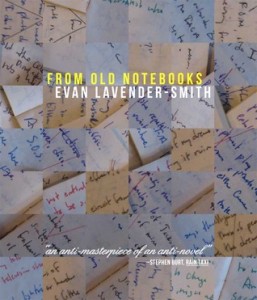 From Old Notebooks
From Old Notebooks
by Evan Lavender-Smith
Dzanc Books, December 2012
182 pages / $15 Buy from Dzanc Books
Martin Heidegger posited the idea that all criticism is existential and there is no impartial analysis outside of the experience of the reader. A reviewer of Evan Lavender-Smith’s From Old Notebooks asks: “Should the reader of F.O.N. expect the meaning or truth of the book to lie with its author? Does the truth/meaning of the book lie outside the book?” Furthermore: “There may be some question as to F.O.N.’s status as fiction, poetry, philosophy, nonfiction, etc. but hopefully there will be no question about its status as a book.” Both comments are from Evan Lavender-Smith critiquing his own book within the pages of From Old Notebooks, even revealing: “Why am I so averse to the idea of classifying F.O.N. as poetry? – Because poetry doesn’t sell.” That’s the way From Old Notebooks rolls, defying genre and classification, even defying the traditional boundaries of author and reader. On the exterior, it reads like a notebook filled with philosophical musings, hermeneutics, the germs of story ideas, dialectical exposition, hagiographies on dubious beliefs, aphorisms made ironic by their sincerity, and letters to death. But the flow of the notebooks is deceptively simple, appearing like a random collection of ideas when it’s in fact a journey through the Penrose stairs of Smith’s mind.
I came across From Old Notebooks several years ago when it was first published by BlazeVOX. F.O.N. was one of the first postmodern/experimental works I’d read. Since then, I’ve read a lot more experimental works, some of my recent favorites including Robert Kloss’s The Alligators of Abraham; One by Blake Butler, Vanessa Place, and Chris Higgs; and Janice Lee’s Daughter. With F.O.N. recently reissued by Dzanc Books, I was excited about diving back in. It’s hard to analyze experimental works because the experience the reader has is so subjective and without making assumptions about the author’s intent, a huge part of the critique, for me, comes down to how the work resonates on a personal level. Explorations of infinity and thought stripped away from form involve literary techniques that are invented along the path of creation, and as a result, often defy formulaic definition. That is what makes these works so bold and compelling. Part of the allure of From Old Notebooks, then, is its accessibility.
The subject matter and the themes vary, encompassing everything from film quirks to quandaries on death, musings on poetry, and pornographic abstinence. The notes incorporate personal whimsies, fears, and even worries about family. Rather than obfuscate, we have a movement toward revelation. But the investigation branches into even more questions and there’s a playfulness in the tone that engenders the feeling of a contemporized Socratic enquiry, only with oneself. As a few examples:
“God endowed the universe with an infinite number of signs, but only one fact.”
“Qualifying death as “unknowable” is, finally, an act of cowardice; death as “unknowable” preserves mystery, the possibility of mystery. The truth atheist knows death intimately; for him, there is nothing at all mysterious about death.”
“Perhaps they would be more palatable if independent films had more explosions in them.”
“Should I be concerned about exploiting my children by including them in F.O.N.?”
“Consciousness is my worst habit.”
READ MORE >

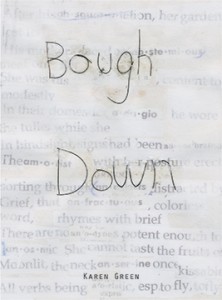
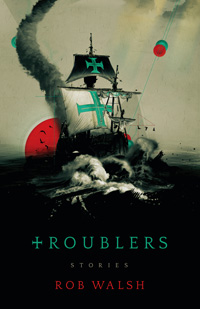
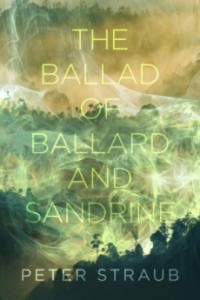
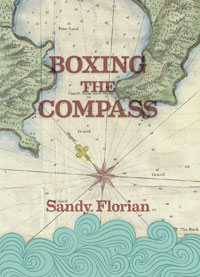 Boxing the Compass
Boxing the Compass

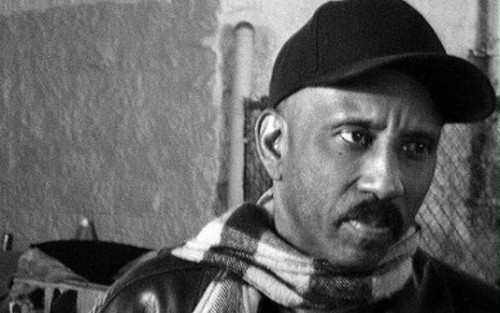
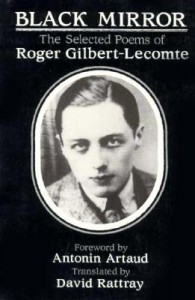
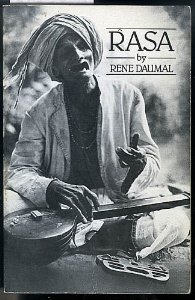
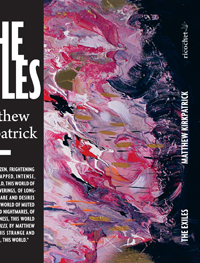 The Exiles
The Exiles